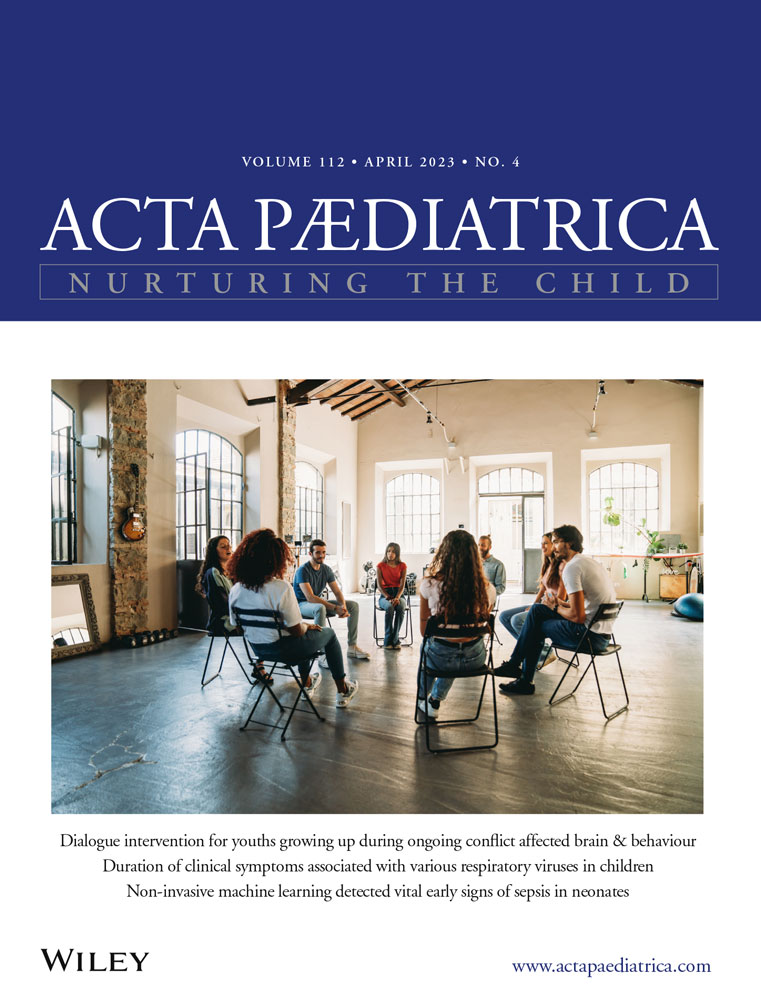Prolonged requirements for mechanical ventilation and tube feeding support predicted 18-month outcomes for neonatal encephalopathy
A complete list of non-author contributors appears in the Appendix S1.
Abstract
Aim
We evaluated the predictive ability of prolonged requirements for mechanical ventilation or tube feeding support for 18-month composite outcomes in infants with hypoxic-ischaemic encephalopathy treated with hypothermia.
Methods
This retrospective, nationwide, observational study focused on newborn infants registered in Japan's Baby Cooling Registry between 1 January 2012 and 31 December 2016. The adverse outcomes were defined as death or survival with cerebral palsy, visual or auditory impairment or the requirement for mechanical ventilation or tube feeding at 18 months of age.
Results
Adverse outcomes occurred in 165 (28%) of the 591 children in the final cohort. These were predicted by prolonged dependence on mechanical ventilation or tube feeding for more than seven and more than 14 days. The respective values were positive predictive value 0.34 (95% CI 0.33–0.34) and 0.60 (95% CI 0.56–0.62), negative predictive value 0.97 (95% CI 0.91–0.99) and 0.93 (95% CI 0.90–0.95) and area under the curve 0.59 (95% CI 0.54–0.64) and 0.81 (95% CI 0.77–0.85).
Conclusion
Prolonged dependence on mechanical ventilation or tube feeding for more than 14 days may be useful in predicting 18-month outcomes in newborn infants who have received therapeutic hypothermia.
CONFLICT OF INTEREST
The authors have no conflicts of interest to declare.




